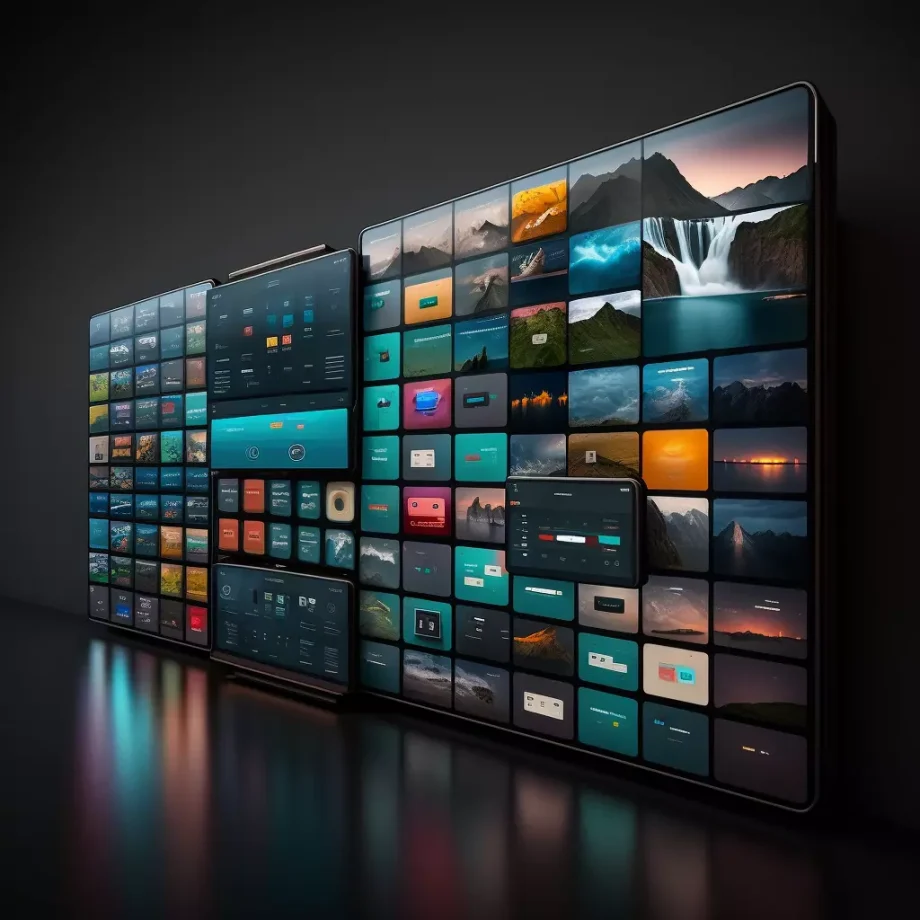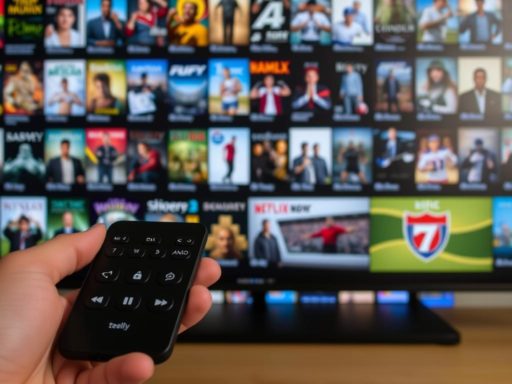In today’s digital age, the way we consume television content is rapidly evolving. One technology that’s making waves in this space is IPTV, or Internet Protocol Television. But what exactly is IPTV, and how does it differ from traditional TV or other streaming services? Let’s dive into the world of IPTV and explore its benefits, potential drawbacks, and what it means for the future of entertainment.
What is IPTV?
IPTV stands for Internet Protocol Television. Simply put, it’s a method of delivering television content over the internet instead of through traditional terrestrial, satellite, or cable formats. This technology allows users to stream media content directly to their devices, including TVs, computers, smartphones, and tablets.
Unlike conventional TV broadcasting, IPTV sends video content in the form of data packets over a closed network infrastructure. This means that instead of broadcasting all channels simultaneously and letting users tune in to the one they want, IPTV only sends the channel or content that the user requests.
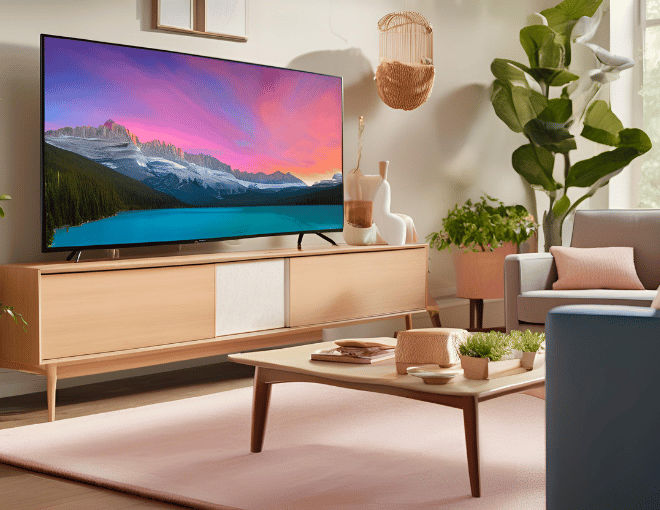
How IPTV Works
To understand IPTV better, let’s break down its key components:

Prøv vår iptv gratis
✓ 14.000+ direktesendte TV-kanaler
✓ 40 000+ VOD-er og serier
✓ Champions League, Premier League Kanaler
✓ Fungerer med hver app/enhet
- Content Source: This is where the TV programming originates, typically from a broadcaster or content provider.
- Transcoding: The content is converted into a digital format that can be transmitted over the internet.
- IPTV Server: This stores the content and manages user requests.
- User’s Device: This could be a smart TV, computer, smartphone, or a set-top box connected to a regular TV.
- Internet Connection: A stable and preferably high-speed internet connection is crucial for smooth IPTV streaming.
When a user selects a channel or program, the IPTV server sends the requested content directly to their device via the internet.
Types of IPTV Services
There are three main types of IPTV services:
- Video on Demand (VOD): Users can browse a catalog of videos and watch them whenever they want.
- Live Television: This includes live streaming of current TV broadcasts.
- Time-Shifted Media: This allows users to replay TV shows that have already been broadcast, similar to a DVR service.
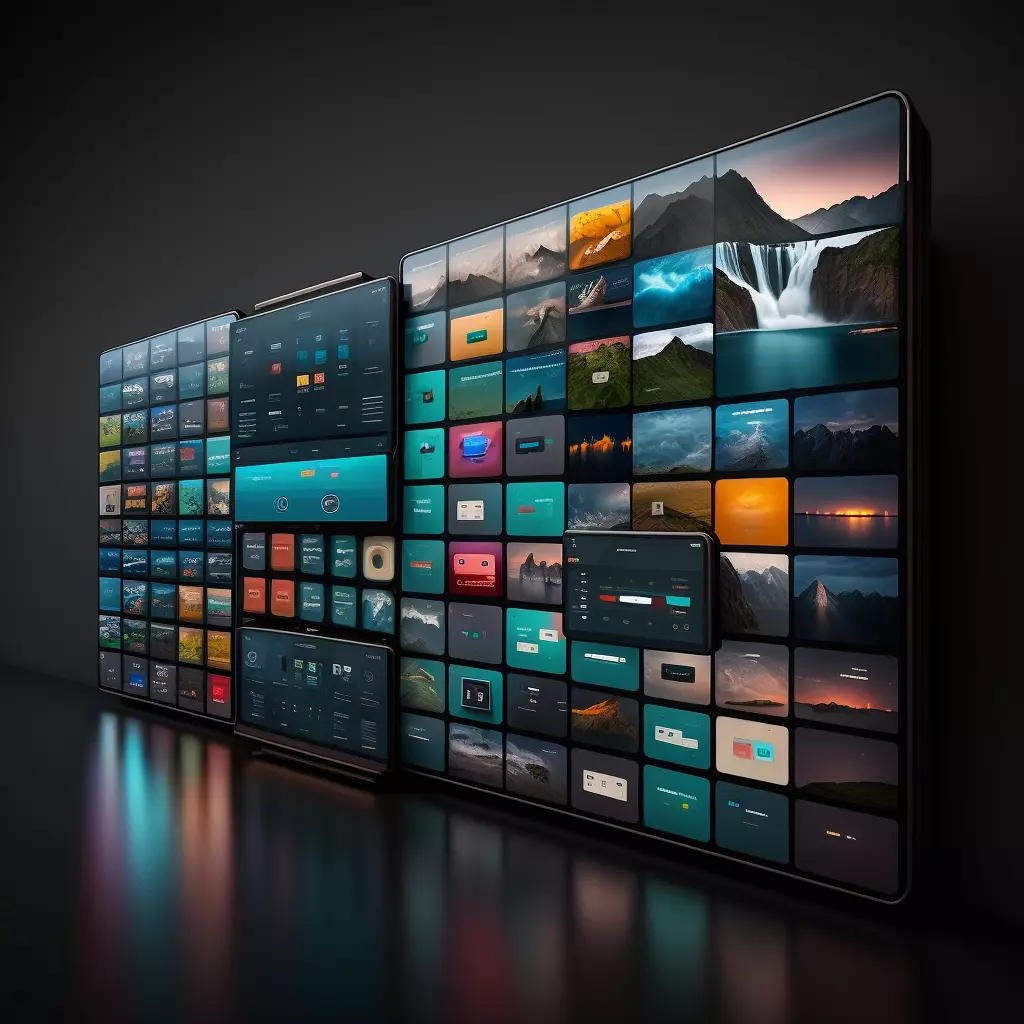
Advantages of IPTV
- Flexibility and Convenience: Watch what you want, when you want, on any device with an internet connection.
- Personalization: IPTV services can offer personalized recommendations based on viewing history.
- Interactive Features: Many IPTV platforms offer interactive elements like voting on live shows or accessing additional information about programs.
- Cost-Effective: Often cheaper than traditional cable or satellite TV packages, especially for international content.
- High-Quality Streaming: With a good internet connection, IPTV can offer HD and even 4K content.
- Multi-Device Support: Watch on your TV, computer, tablet, or smartphone seamlessly.
Potential Drawbacks of IPTV
- Internet Dependency: IPTV requires a stable internet connection. Slow or unreliable internet can lead to buffering or poor quality.
- Legal Concerns: Some IPTV services operate in a legal grey area, potentially infringing on copyright laws.
- Security Risks: As with any internet-based service, there’s a potential for security breaches and data theft.
- Initial Setup: Some users might find the initial setup more complicated than traditional TV services.
- Content Availability: Depending on the service, not all desired channels or programs may be available.
IPTV vs. Traditional TV and Other Streaming Services
While IPTV shares similarities with both traditional TV and streaming services like Netflix or Hulu, it has some key differences:
- Unlike traditional TV, IPTV offers on-demand content and doesn’t require a separate cable or satellite connection.
- Compared to streaming services, IPTV often includes live TV options and can offer a wider range of channels, including local and international broadcasts.
- IPTV typically uses a closed, managed network for content delivery, which can result in more stable streaming compared to over-the-top (OTT) services that use the open internet.
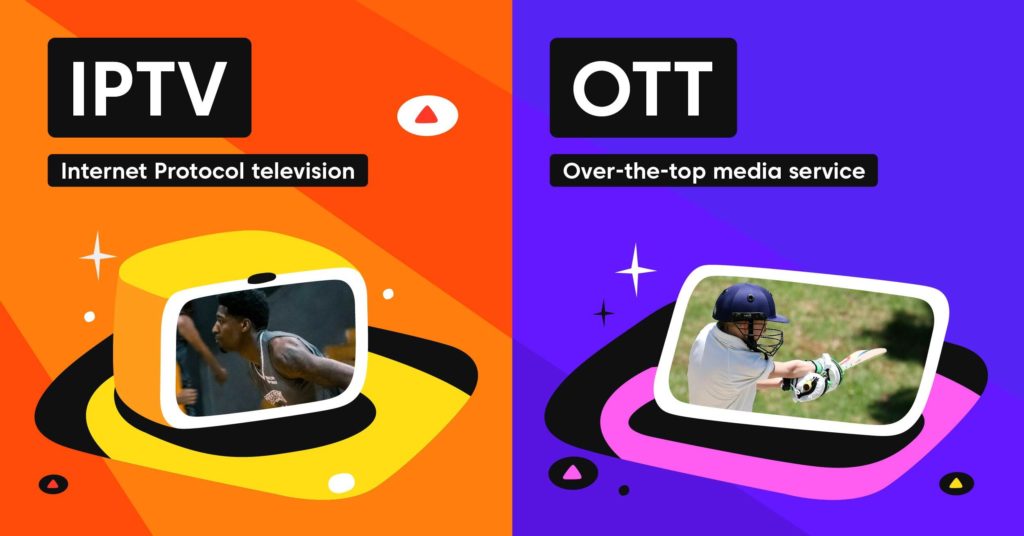
The Future of IPTV
As internet infrastructure continues to improve globally, IPTV is poised for significant growth. According to a report by Grand View Research, the global IPTV market size is expected to reach $194.53 billion by 2028, growing at a CAGR of 7.1% from 2021 to 2028
Several trends are shaping the future of IPTV:
- 5G Integration: The rollout of 5G networks will enable faster, more reliable IPTV streaming, even on mobile devices.
- AI and Machine Learning: These technologies will enhance content recommendations and user experience.
- Virtual and Augmented Reality: Some IPTV providers are exploring VR and AR integration for more immersive viewing experiences.
- Increased Original Content: Like traditional streaming services, some IPTV providers are investing in original programming to attract subscribers.
Choosing an IPTV Service
When selecting an IPTV service, consider the following factors:
- Content Library: Ensure the service offers the channels and programs you’re interested in.
- Streaming Quality: Look for services that offer HD or 4K streaming if your internet connection can support it.
- Device Compatibility: Check if the service works with your preferred devices.
- User Interface: A user-friendly interface can greatly enhance your viewing experience.
- Customer Support: Good customer service can be crucial if you encounter technical issues.
- Legal Status: Ensure the service operates legally in your region to avoid potential legal issues.
Conclusion
IPTV represents a significant shift in how we consume television content, offering flexibility, personalization, and potentially lower costs compared to traditional TV services. While it does come with some challenges, such as internet dependency and potential legal grey areas, the technology continues to evolve and improve.
As we move further into the digital age, IPTV is likely to play an increasingly important role in the entertainment landscape. Whether you’re a cord-cutter looking for alternatives to cable TV or simply interested in expanding your viewing options, IPTV is certainly a technology worth exploring.
